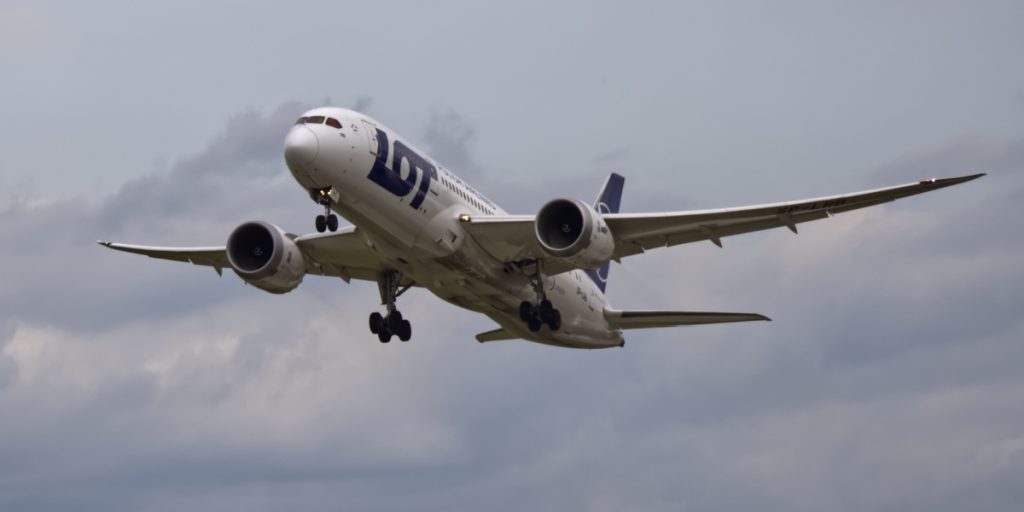Russian planes are experiencing more incidents of tail strikes on runways.
Others are reading now
Russian airlines are experiencing an increase in incidents where planes hit the runway with their tails.
In the first eight months of 2024, six such cases were recorded, compared to just three in all of 2023 and 2022, according to a flight safety bulletin from Rosaviatsia reviewed by RBC.
Two incidents happened in August 2024. On August 12, a Boeing operated by Orenburg Ikar landed tail-first in Syktyvkar, and six days later, a Smartavia aircraft had a similar issue while approaching Sochi.
Rosaviatsia attributed these incidents to pilot errors, often due to “insufficient experience with specific aircraft types.”
Also read
Key causes include incorrect stabilizer settings before takeoff, wrong speed calculations when lifting the nose gear, and unstable approaches during landing. Pilots’ attempts to achieve very soft landings and prolonged flaring (holding the nose up before touchdown) also contributed to the problem.
In response, Rosaviatsia has instructed airlines to review flight data analysis programs and study piloting techniques more closely to improve safety.
Impact of Sanctions
Since sanctions were imposed due to the war in Ukraine, Russia has faced challenges in pilot training.
Vladimir Izrailev, head of Rosaviatsia’s flight operations department, revealed that half of the training aircraft in the country’s flight schools are out of order, warning of a potential shortage of qualified pilots for mainline flights.
Sanctions have also led to more frequent aircraft breakdowns. Russia, which relied heavily on Boeing and Airbus planes, now has to repair them domestically. As a result, the number of in-flight aircraft failures doubled in 2023, with 74 incidents compared to 36 in 2022, according to German research company Jacdec.
These issues included engine failures, landing gear problems, and flap malfunctions, causing flight deviations. The trend of air incidents has continued into 2024.


